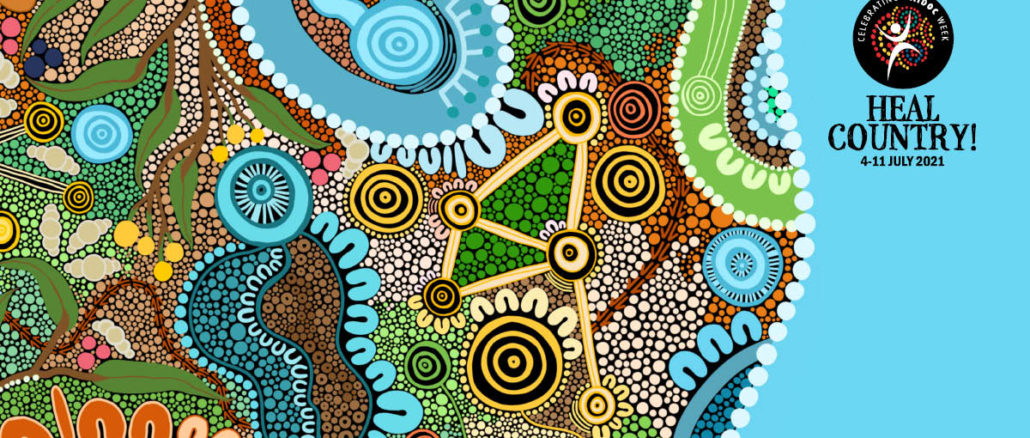
WARNING: Aboriginal and Torres Strait Islander readers are warned that the following article may contain images of deceased persons.
NAIDOC Week celebrations are held across Australia each July to celebrate the history, culture and achievements of Aboriginal and Torres Strait Islander peoples. NAIDOC is celebrated not only in Indigenous communities, but by Australians from all walks of life. The week is a great opportunity to participate in a range of activities and to support your local Aboriginal and Torres Strait Islander community.
NAIDOC originally stood for ‘National Aborigines and Islanders Day Observance Committee’. This committee was once responsible for organising national activities during NAIDOC Week and its acronym has since become the name of the week itself.
To celebrate NAIDOC Week, we wanted to commemorate inspirational Aboriginal and Torres Strait Islander women, to celebrate their wonderful achievements.
Here are just a few of the many inspirational Indigenous and Torres Strait Islander women:
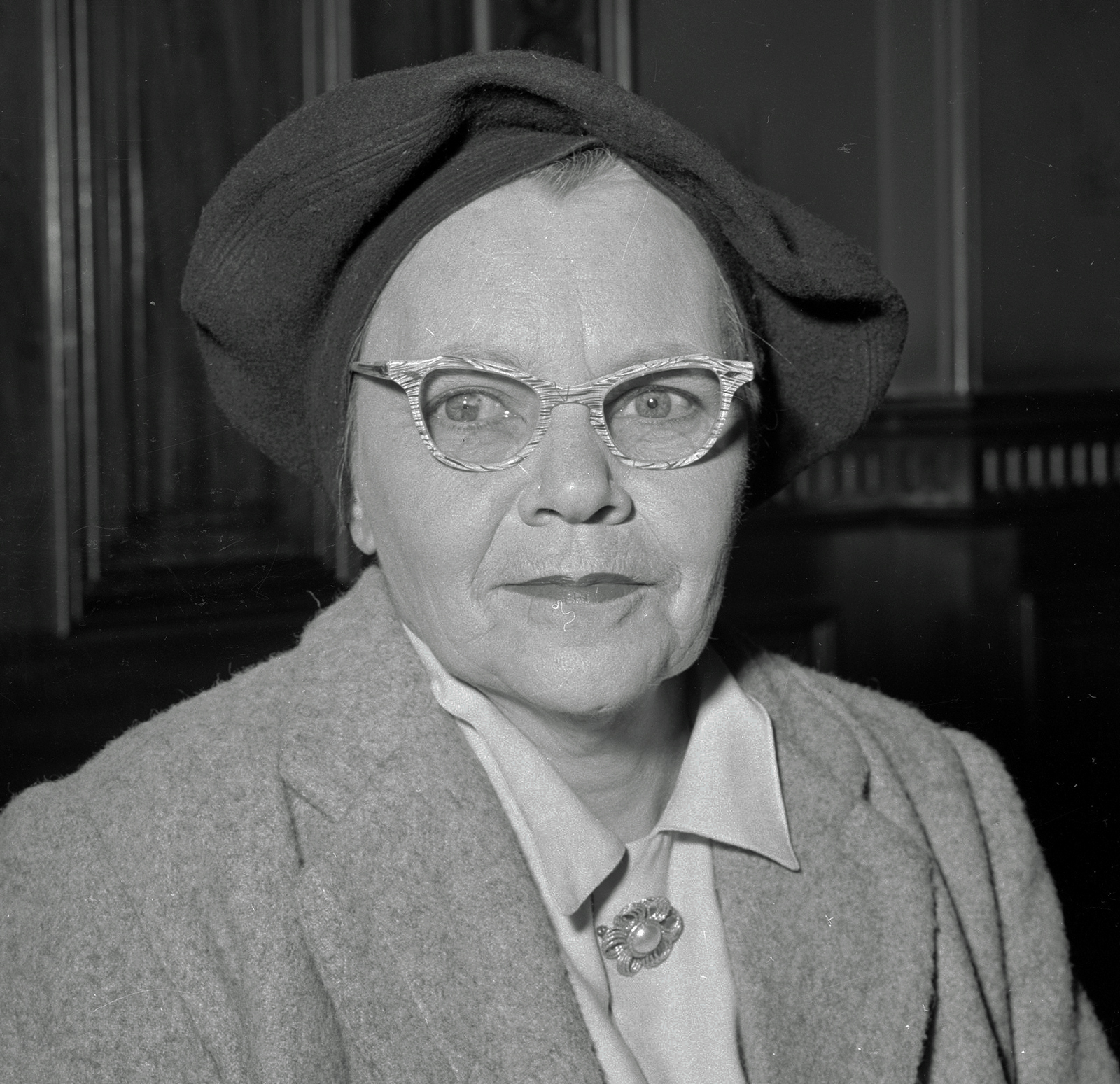
Pearl was an Indigenous activist and was one of the most prominent female activists within the Aboriginal and Torres Strait Islander movement in the early 20th century. Being a member for the Aborigines Progressive Association (APA), she was involved in various protests such as the 1938 Day of Mourning. She tirelessly supported and advocated for Indigenous people and in the 1930’s helped run camps to support unemployed Aboriginal workers. In 1941, she was the first Aboriginal woman to make a radio broadcast.
Gibbs stayed politically active until the 70s where she built valuable connections between Aboriginal and Torres Strait Islander communities. She also forged important links between the Aboriginal movement and other progressive political groups, notably the women’s movement.
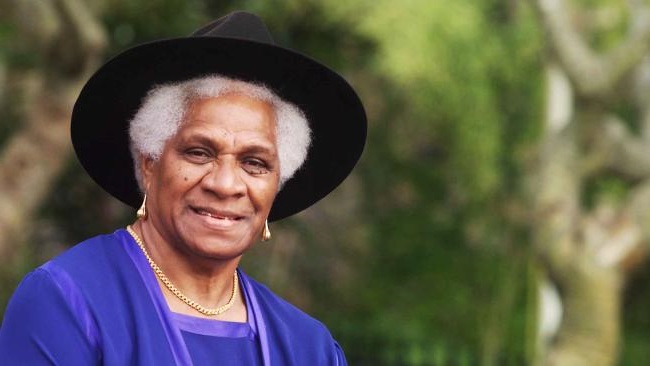
Dr Evelyn Ruth Scott was an Aboriginal and Torres Strait Islander social activist and educator. She started her social justice career when she served on the Townsville Aboriginal and Torres Strait Islander Advancement League during the 60s. Dr Scott was a driver of the 1967 referendum, which was a momentous turning point in Australian history where discriminatory references to Aboriginal and Torres Strait Islander peoples was removed in the Australian Constitution. In 1973, she became the first General-Secretary of the Indigenous-led Federal Council for the Advancement of Aboriginals and Torres Strait Islanders.
In the 90s, Evelyn was the governing head of the National Council for Aboriginal Reconciliation. Sadly, Evelyn passed away in 2017 at the age of 81.
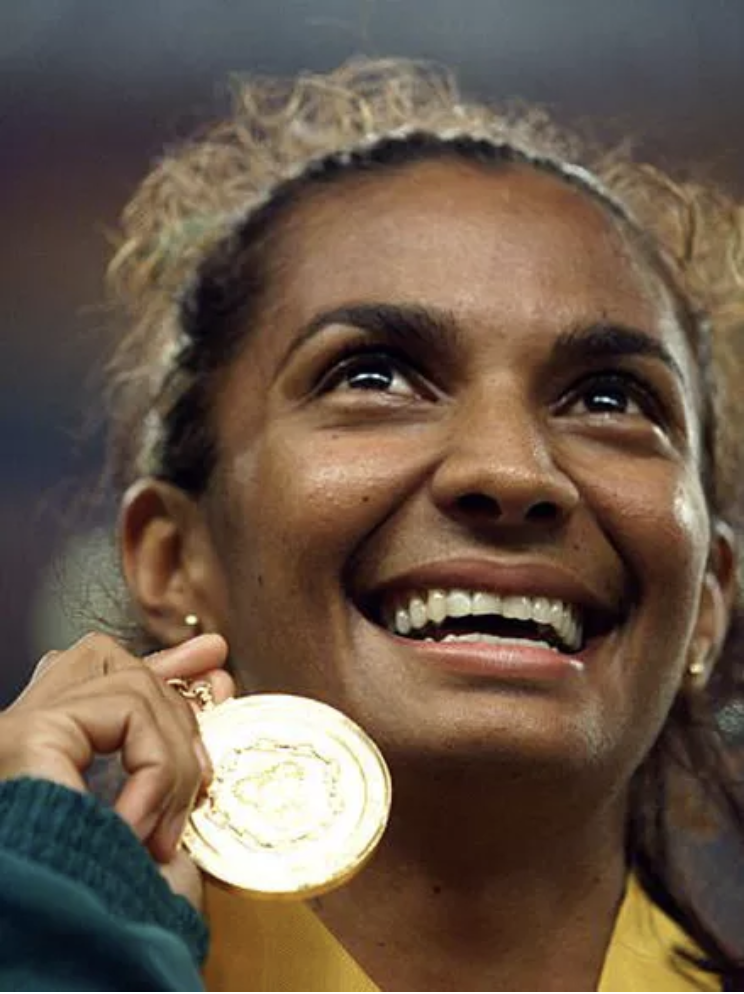
Nova Peris is an Aboriginal athlete and activist, who was a representative in the Australian Women’s Hockey in the 1996 Olympics. She became the first Aboriginal woman to win an Olympic gold medal. Peris proved to be a multi talented sporting star when she switched from hockey to athletics, where she won another medal in 1997.
In 2013, Nova decided to have a change in career where she entered into politics after being invited by Julia Gillard to join the Australian Labor Party, becoming a candidate for the Senate. She was then elected to the Federal Government, making her the first Indigenous woman to be elected into the national parliament. She remained in parliament until 2016.
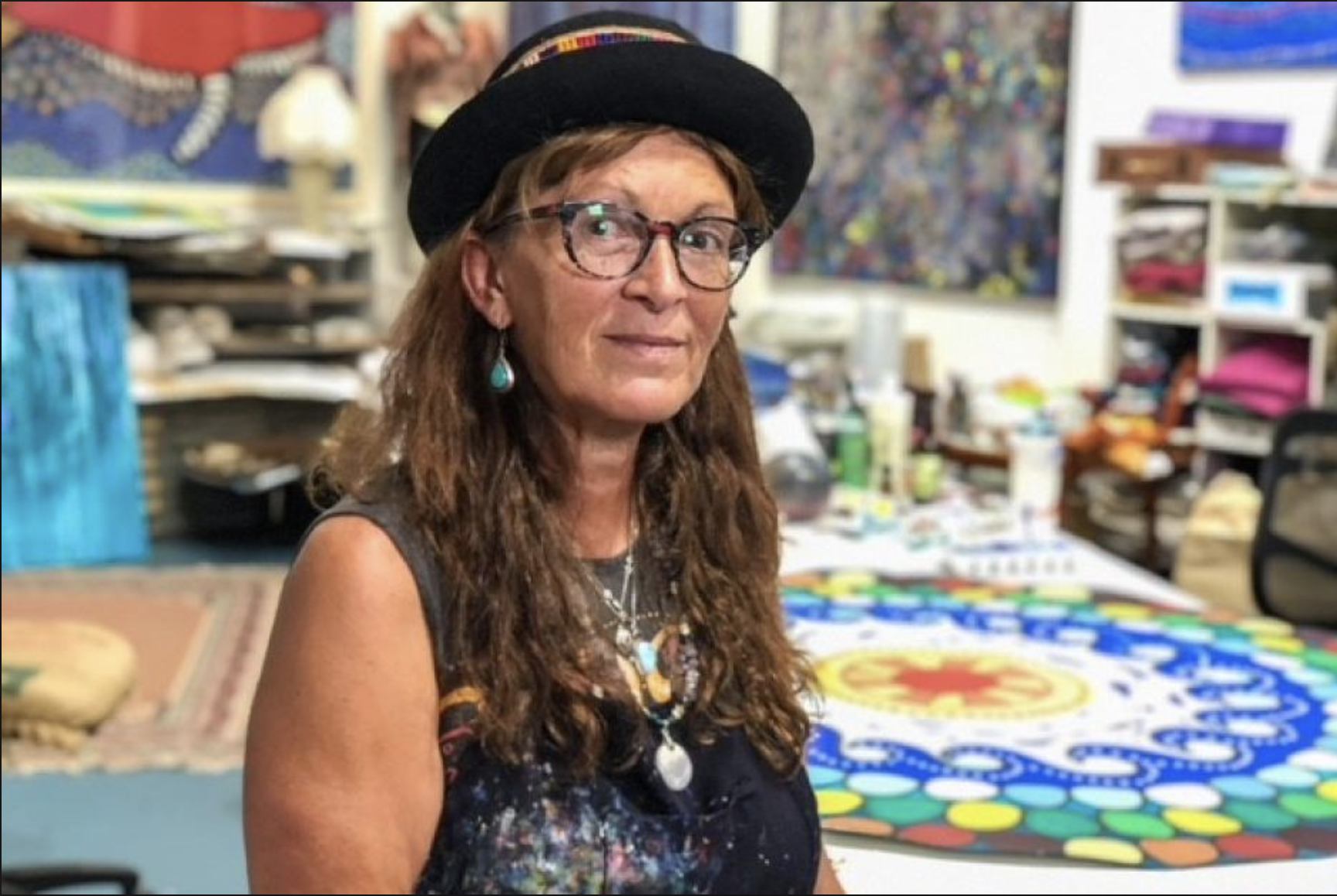
Bronwyn Bancroft is an Aboriginal artist and was the first Australian fashion designer ever to be invited to showcase her designs in Paris. She promoted other Aboriginal artworks when she opened a fabric store in 1985, showcasing many other Aboriginal artist-made materials.
In 1987, Bronwyn was one of 10 urban artists who founded the Boomalli Aboriginal Artists Cooperative. She served twice on the board of the National Gallery of Australia during the 1990s and then went on to become the Chair of the Visual Arts Board for the NSW Ministry for the Arts.
Her current goals include becoming the director of the Australian Indigenous Mentoring Experience, a not-for-profit organisation aiming to increase senior high school and university admission rates for Indigenous students.
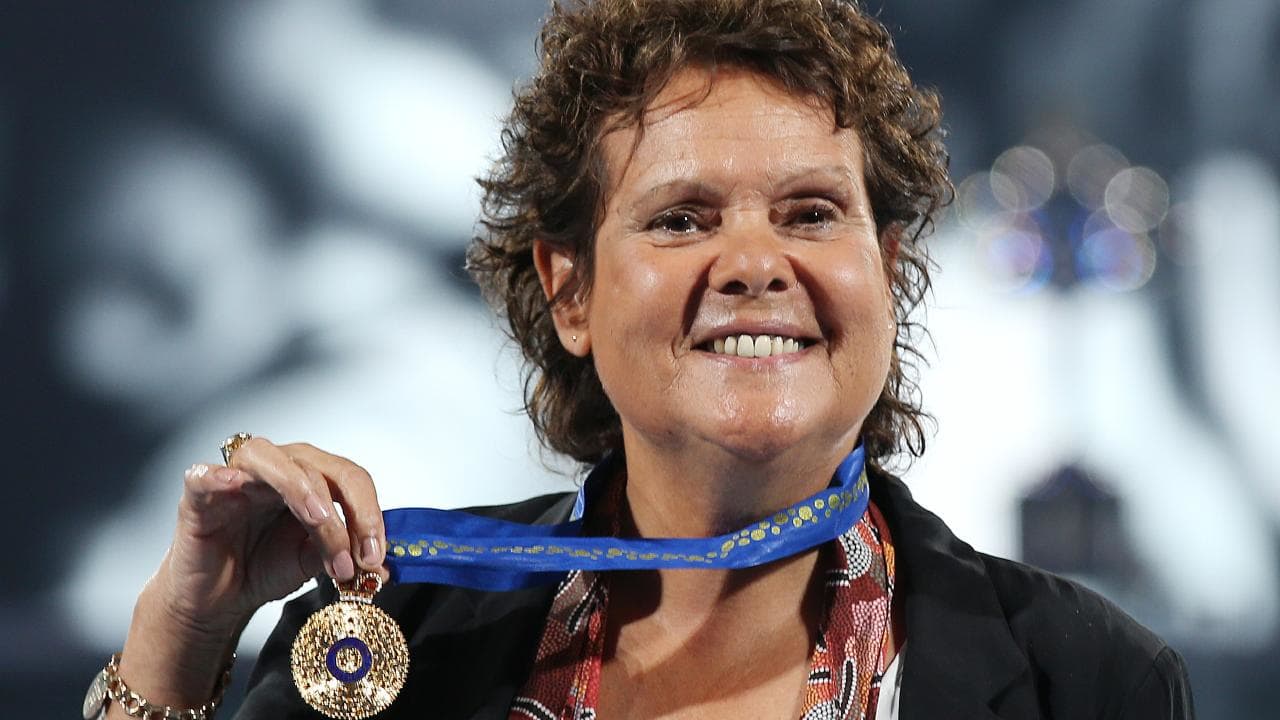
Evonne is the first Aboriginal to win Wimbledon (1971) and during this decade she was considered one of the world’s most successful tennis players.
Evonne has been awarded Australian of the year and Australian Sportsman of the Year, where she was inducted into the International Tennis Hall of Fame at Newport Rhode Island in 1988. You will notice that back in the 70s the award was still named Sportsman!
Since 2005, Evonne has run the Goolagong National Development Camp for Indigenous girls and boys. Using tennis as a vehicle to promote better health, education and employment, the program has awarded school scholarships, produced university scholars, tennis players, coaches and sports administrators.
SheSociety is a site for the women of Australia to share our stories, our experiences, shared learnings and opportunities to connect.

Leave a Reply